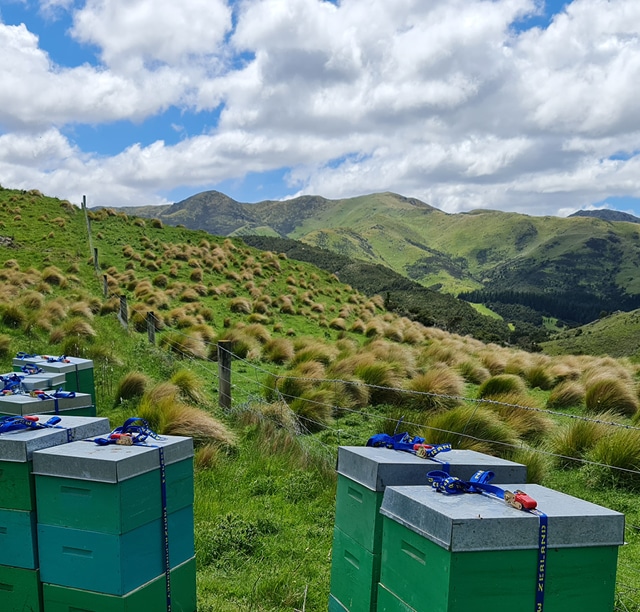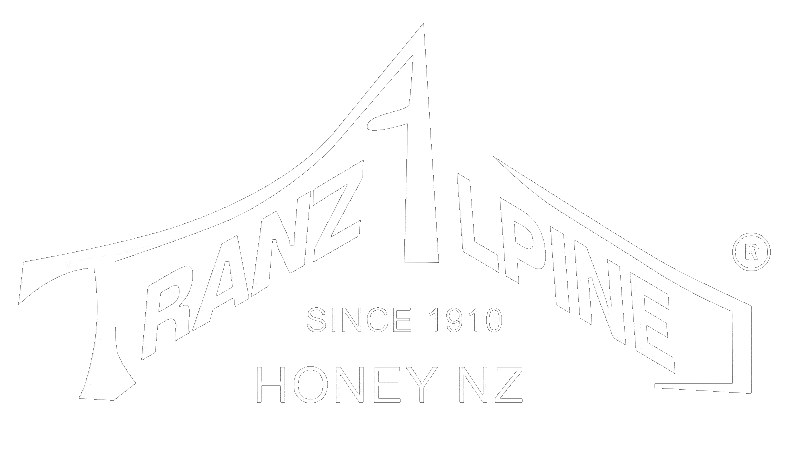
Are our bees at risk of extinction?
Our bees and natural pollinators are critically at risk and some species are already listed as endangered. Honey bees are responsible for over 75% of all global pollination – the whole world relies on honey bees for food. Yet, the same species that rely on honey bees for pollination and food production – humans – are responsible for killing them.
Pesticides, herbicides, and agricultural spraying are non-selective. This means they kill a host of critically beneficial insects, including bees. Over 40% of insect species are rapidly declining and 58 species are already extinct, gone forever.
Global warming, natural disasters and disease are some of the other contributing threats to our bee colonies.
Just think about it, when last did you see a butterfly in your garden?
If we don’t do something about the way we live and the choices we make it will very soon be the same for our precious pollinating honey bees.
2018 MPI Report: Causes of bee colony loss
The commonly reported causes of hive loss in 2018 were:
- Queen problems (such as drone layers, queen disappearance, or not laying eggs)
- Suspected Varroa mite infestation
- Suspected starvation of bees (caused by weather and other factors)
- Wasps (which kill bees, eat pupae, and steal honey).
Other reported causes of colony losses (in order of frequency) include
- Robbing by other bees
- Nosema and bee diseases
- Toxic exposures
- American foulbrood disease
- Theft and vandalism
- Accidents
- Argentine ants.
Source: MPI Biosecurity
How we can save our bees
Bees need food. One of the easiest and best ways to do our bit and create a buzz in our gardens, on our decks, balconies and patios is to plant food for our bees. Well-fed bees are healthy and have a better chance of fending off sickness and disease.
- Let your weeds and garden veggies flower and go to seed for the bees and butterflies to feast on
- Throw seed bombs into any area of your garden or a lonely pot and watch your garden grow
- Skip the weed killer and garden chemicals and opt for organic apple cider vinegar – it can address a wide range of garden concerns organically and with zero toxins
- Buy certified organic honey from reputable, registered organic beekeepers who have to meet the strictest environmental criteria that protect and nurture our honey bees
- Support your local organic artisans and producers where possible. Organic farming practices are the way of the future and will help us protect our precious natural resources
- Learn more about living an organic lifestyle by following organic New Zealand icons like Organic NZ.
Did you know that by law all beekeepers must be registered in NZ? To date, there are 6735 registered beekeepers in New Zealand, but only nine are registered and organically certified and TranzAlpine Honey is one of them.
Cool facts about Honey Bees
- Honeybees are brilliant flyers and can reach speeds of up to 25km per hour
- The buzzing noise they make when they fly by is from beating their wings 11,400 times per minute
- Honey bees are master nectar detectors. Using their antennae, they can locate nectar up to 2 km away
- The Queen honey bee can live up to five years and lays up to 2,500 eggs every day during summer
- If the Queen honeybee dies, worker bees will choose a new Queen from the new hatchlings and feed it royal jelly to advance the development of the bee into a strong, fertile Queen.
- Worker bees are fed a mix of honey and a tiny amount of royal jelly for a few days after hatching and then fed a mix of pollen and honey. Only the Queen bee gets to feed on pure royal jelly.
- Honey bees live in colonies or hives with one Queen bee, an army of female worker bees and male drone bees that are kicked out of the hive in winter once their mating duties are complete and the colony buckles down for the winter.
- Honey bees dance to communicate with each other by wiggling their bodies to tell other bees where the nearest food is.
Native New Zealand Bees
There are 28 native bee species in New Zealand, compared to the 1500 species found in Australia. 27 of those species are found nowhere else in the world – only in New Zealand. One species is also found in Australia but arrived here on its own and wasn’t introduced.
Our native bees don’t make honey or live in hives – they live underground – but they are an essential part of our biodiversity as they are exceptional pollinators. But they are also in danger.
Cool Facts about NZ Native Bees
- Native bees live in tunnels underground and do not build hives – something to think about when using weed killer on lawns and soils
- They are small, black bees
- They don’t travel and rely on pollen and nectar close to their underground nests
- They live in cosy nests made by female bees that contain organic matter such as leaves and flax and also make use of beetle holes to live in
- Females lay just one egg each and feed their offspring with pollen and nectar collected from surrounding flowers
- Females will lay 3-10 eggs in their lifetime
- It is common for females or single families to share nests with each other
- They don’t sting and are very placid by nature
- They are immune to Varro mite disease that kills honeybees.
Protect the Bees and Boost Biodiversity
When you buy TranzAlpine Honey you choose certified New Zealand, organic honey, that comes from bees living their natural life-cycle in harmony with nature far removed from urban pollution or any pesticides and chemicals from agricultural spraying.
As New Zealand’s largest organic honey producer and exporter, we take our responsibility to care for our environment and respect the bees as seriously as we did when we started beekeeping over 100 years ago.
We continue to produce our honey with the utmost care and attention to the bees and the land – sustainably and naturally organic.
Each jar of our certified organic honey is fully traceable to the individual beehive and location, it is also non-GMO certified comes in 100% recycled packaging and is Vegetarian Society-approved.
Get complete peace of mind knowing that you are playing your part in protecting the bees and natural pollinators so that we may all live in harmony for generations to come.
You might also like
What Grade of Mānuka Honey is Best?
Posted in Biodiversity, Organic, Research
Share:

